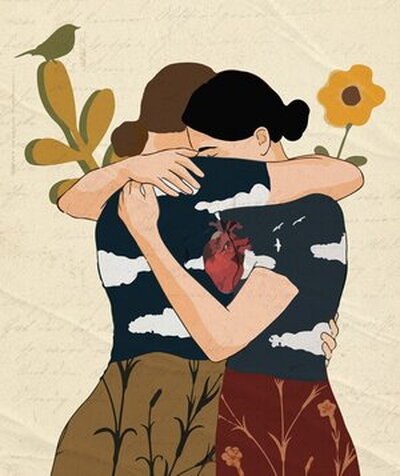ENGL 527

Professor: Hina Nazar
Meets: Mondays 12-2:50 pm (online)
In A Serious Proposal to the Ladies (1694), the early feminist philosopher Mary Astell argued that centuries of patriarchal oppression and inadequate education for women required a radical solution: separating women from a corrupt and corrupting social world and establishing separatist “Protestant nunneries” all over England. In such spaces, middle-and upper-class women would be able to free themselves from the “tyranny” of custom and the trivial pursuits prescribed for their sex, and learn to substitute Descartes and the Bible for the dubious pleasures of their looking-glasses and unreliable male flattery. Don’t look to men for your self-worth, Astell repeatedly urged her female readers. Look instead to yourselves and to admirable women friends, who will help you perfect both faith and judgment, and enable you to create a heaven on earth—a garden “where there are no serpents to deceive you.” Astell’s striking comments about women’s friendship find echoes and correspondences throughout the long eighteenth century: in the friendship poetry of Katherine Philips (“Orinda”), Anne Finch, and Mary Chudleigh; in novels envisioning utopian female communities such as Sarah Scott’s Millenium Hall (1762) and Mary Wollstonecraft’s Wrongs of Woman or Maria (1798); and in epistolary novels foregrounding relationships between women, including Samuel Richardson’s Clarissa (1747-48), Jean-Jacques Rousseau’s Julie, or The New Heloise (1761), and Henry Mackenzie’s Julia de Roubigné (1777). While scholars of the eighteenth century have long lamented the gender and other exclusions of Jürgen Habermas’s classic account of the bourgeois public sphere, our understanding of eighteenth-century publics and counter-publics remains incomplete owing to the neglect of female friendship as a topos of Enlightenment letters. This seminar explores various imaginings of women’s solidarity in eighteenth-century fiction, poetry, and educational and philosophical treatises, and situates them in the context of recent debates in feminist and public-sphere theory. Authors to be covered include Margaret Cavendish, Mary Astell, Katherine Philips, Samuel Richardson (in selections), Sarah Scott, Mary Wollstonecraft, and Jane Austen